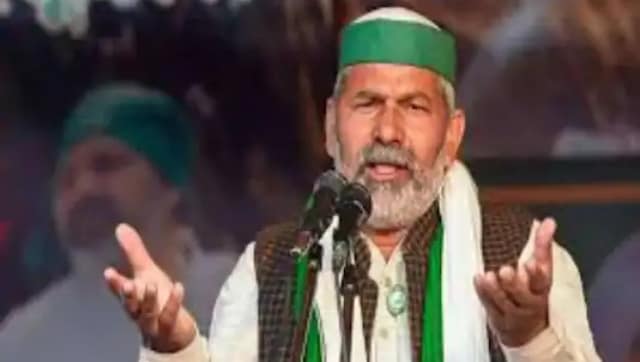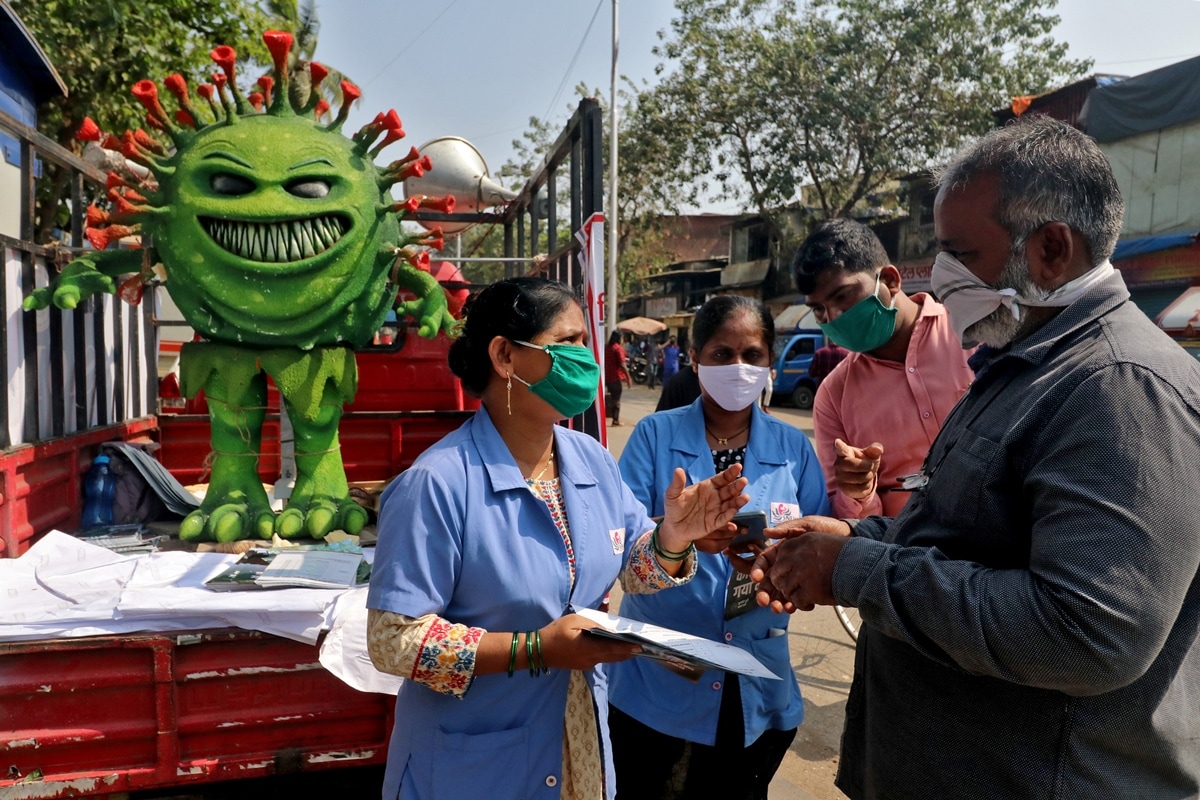How India retained Ferozepur headworks | India News – Times of India
NEW DELHI: The alertness and diligence of Indian civil engineers, such as erstwhile Bikaner state chief engineer Kanwar Sain, in realising the strategic importance of Ferozepur headworks of the Sutlej remaining in Indian hands led to an urgent intervention that moved the Radcliffe line a few crucial kilometre west. A last hour plea by Jawaharlal Nehru to Lord Louis Mountbatten, India’s last viceroy, on Ferozepur, among other issues, might have held back the Radclifffe award by a few days. When the award was announced on August 17, 1947, the entire area on the left bank with the Gang(a) canal was Indian territory, reveals a new book — ‘Indus Basin Interrupted’ by Uttam Sinha, currently with the IDSA.
Using original correspondence and memoirs of key persons, Sinha, who holds a Phd from JNU, says the situation was not so sanguine just a week earlier. The chief engineer of Punjab, Sarup Singh, discovered on August 8 that the DC of Ferozepur had been asked to select tehsil headquarters outside the area also excluding Zira and Fazilka — a strong hint the area was going to west Punjab.
Singh sent a secret sealed letter to Sain explaining the gravity of the situation. Disturbed by the prospects of the headworks being lost to Pakistan, Sain lobbied a key official, Sardar Pannikar, who had the ear of the Bikaner royal Sadul Singh. The maharaja was urged to use his excellent contacts with Mountbatten as disruption of the canals would be catastrophic for the state. The royal wrote to Mountbatten that he greatly feared an adverse award will “gravely prejudice the interest of Bikaner as its economic life is greatly dependent on water supply from the Gang canal.” He further threatened that he would join Pakistan if his concerns were not heeded.
The Viceroy was cold to Pannikar, who was deputed to meet him, but the official along with Sain spoke urgently with Nehru and Sardar Vallabhbhai Patel. The consultations on the fateful day of August 11 saw Nehru vigorously informing Mountbatten that from the strategic and irrigation point of view, it will be “most dangerous” to let Ferozepur go to Pakistan.
No area east of the Sutlej should be part of Pakistan and there should be no joint control of electricity. The same evening it was made public that the award will be delayed by a few days. Matters were aided by Radcliffe’s initial draft being shown to Lala Adjudhia, chairman of the central waterways commission, who tipped off Patel. Radcliffe was summoned by Mountbatten and the map changed.



